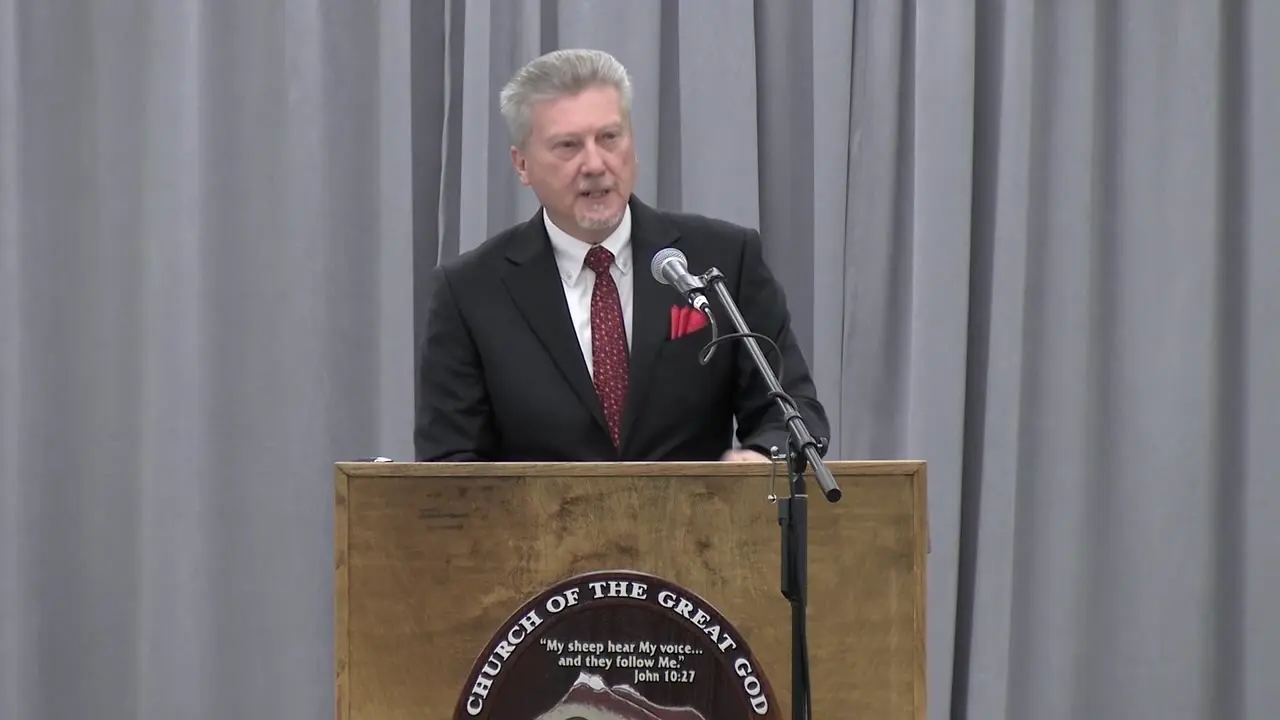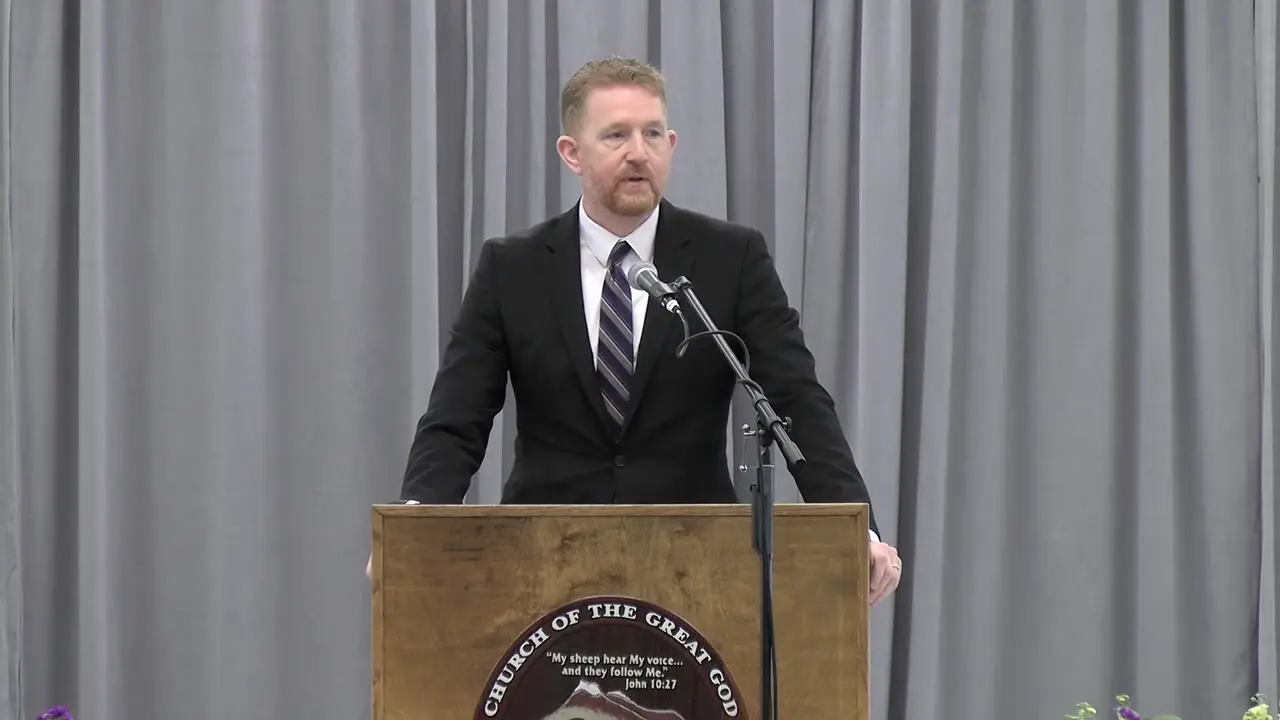Filter by Categories
What We Can Learn from Booths
Feast of Tabernacles Sermon by Richard T. RitenbaughGod intends for us to learn daily lessons from living in booths during the Feast of Tabernacles, a joyous time after the harvest has been taken in.

Wandering or Pilgrimage?
Sermon by John W. RitenbaughWe are not aimlessly wandering, but are on a God-guided pilgrimage. The circuitous route ensures our safety, just as it did for the ancient Israelites.
A GPS for our Spiritual Pilgrimage
Feast of Tabernacles Sermon by David F. MaasSince God's thoughts are higher than ours, we must keep an intimate GPS-like dialogue with our heavenly Father so we can stay on the right path to the Kingdom.

Joshua's Four Miracles (Part One)
Feast of Tabernacles Sermon by Richard T. RitenbaughIsrael's conquest of Canaan under Joshua can be a metaphor for the journey from baptism to entering God's kingdom, especially for the second generation.

The Feasts of Tabernacles and Unleavened Bread
Feast of Tabernacles Sermon by David C. GrabbeUnleavened Bread and Tabernacles mirror each other. Through comparing and contrasting, a complete picture of salvation through Christ emerges.
Numbers: The Book of Judgment
Sermon by John W. RitenbaughWe live daily in uncharted territory, but the sobering account in Numbers provides a roadmap, establishing God's pattern of judging our pilgrimage conduct.

The Appointed Weeks of Pentecost
Sermon by David C. GrabbeEach day in the count is a reminder to consider what we are sowing and what we are cultivating because it will assuredly come to fruition and then evaluation.